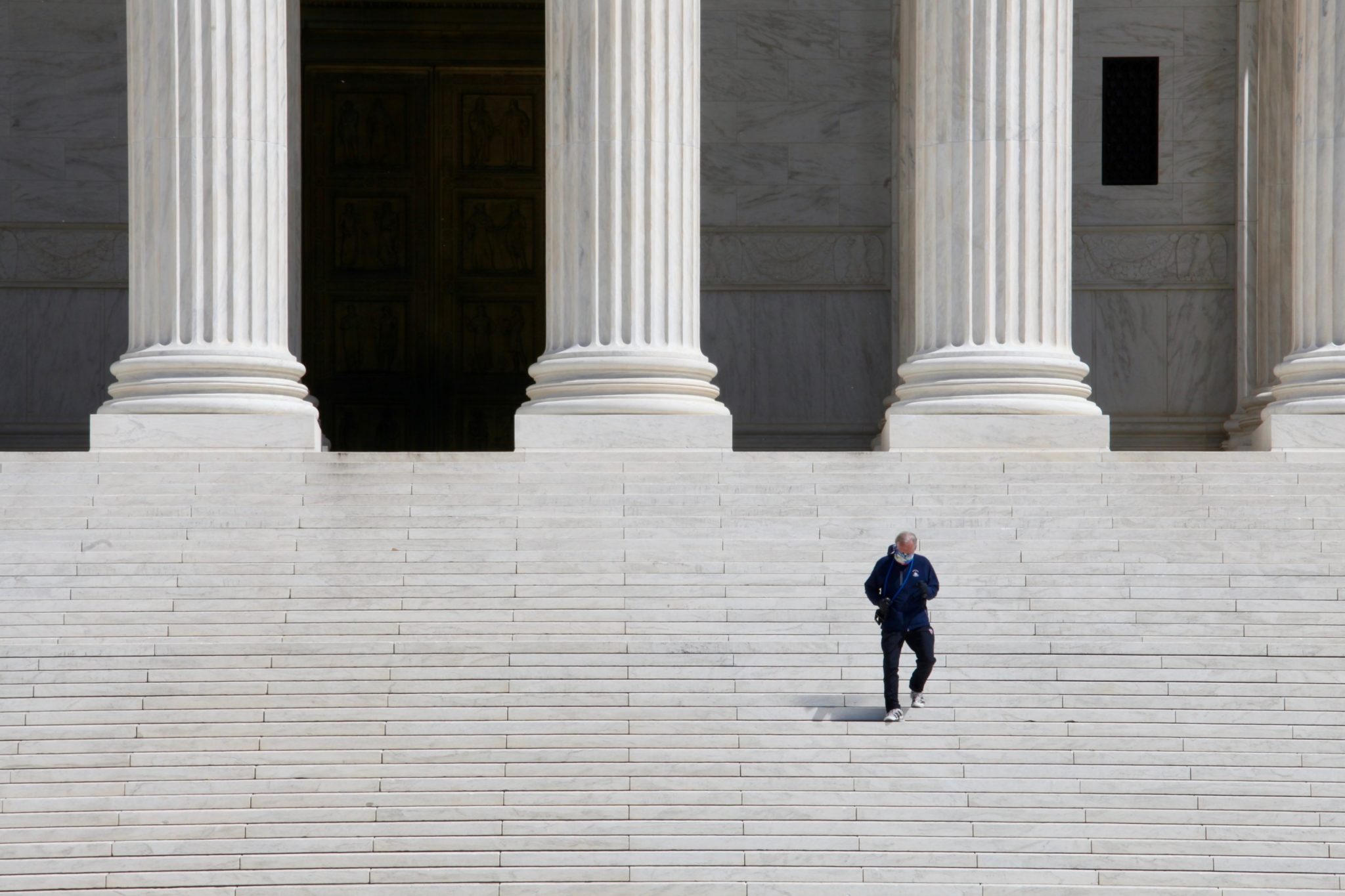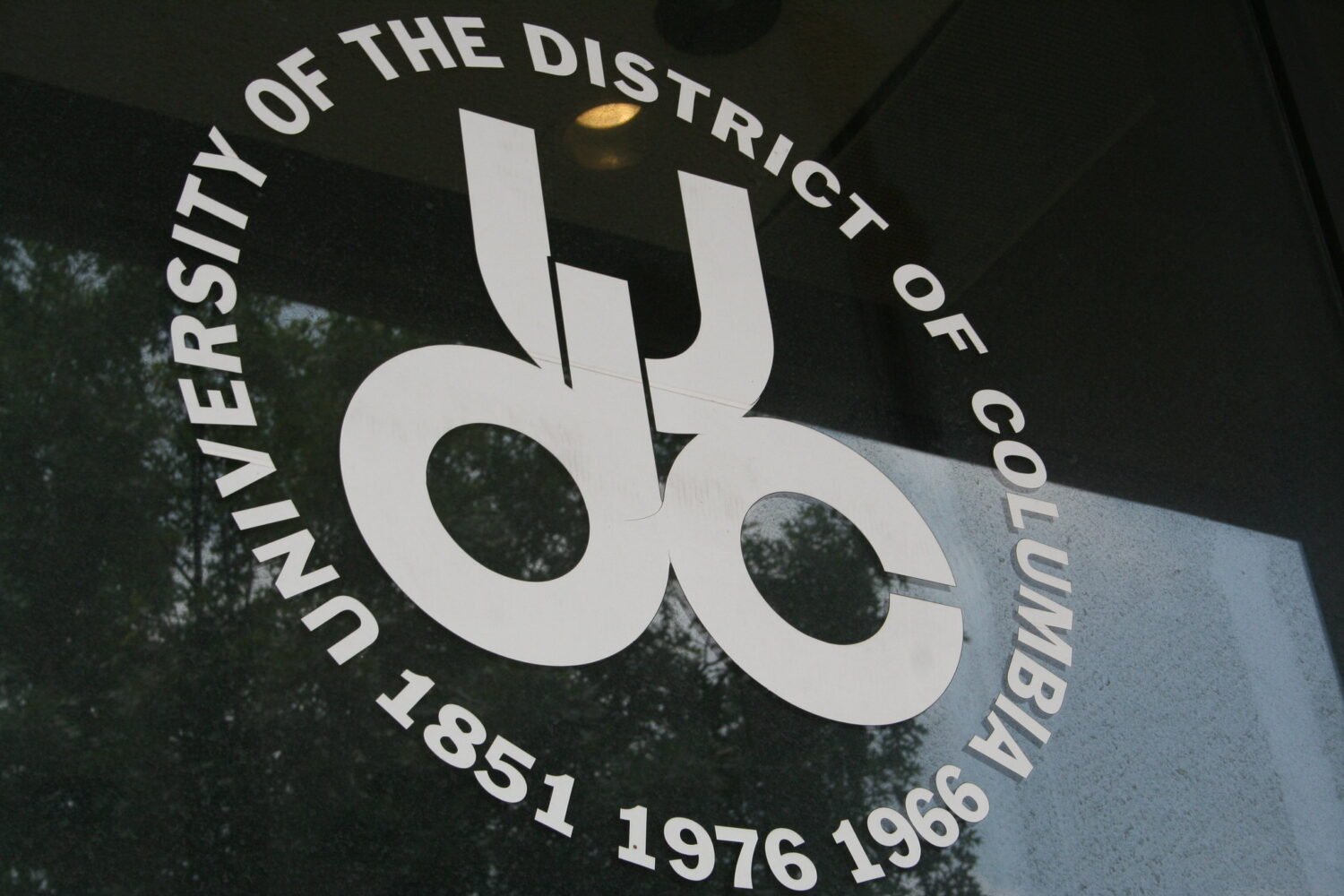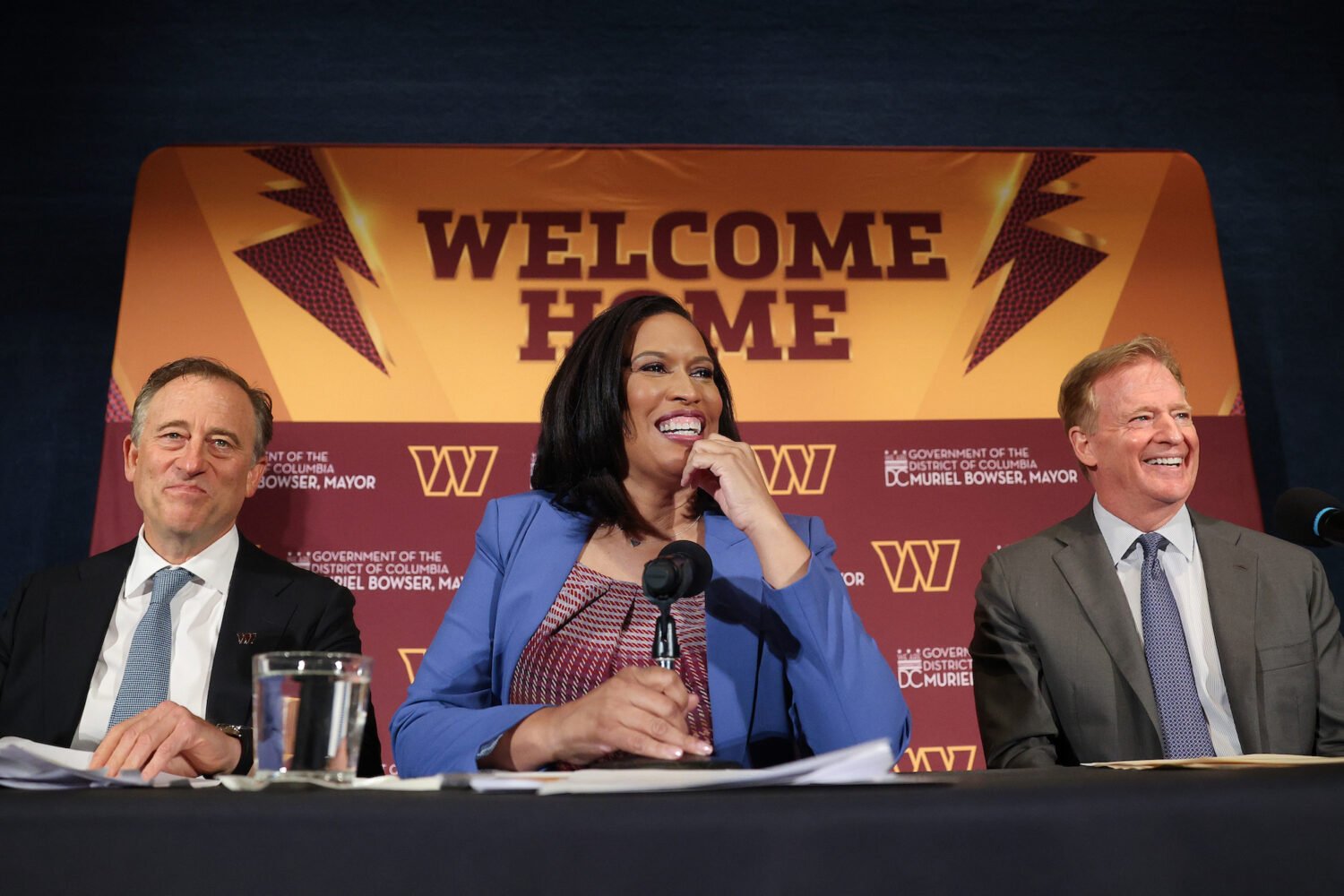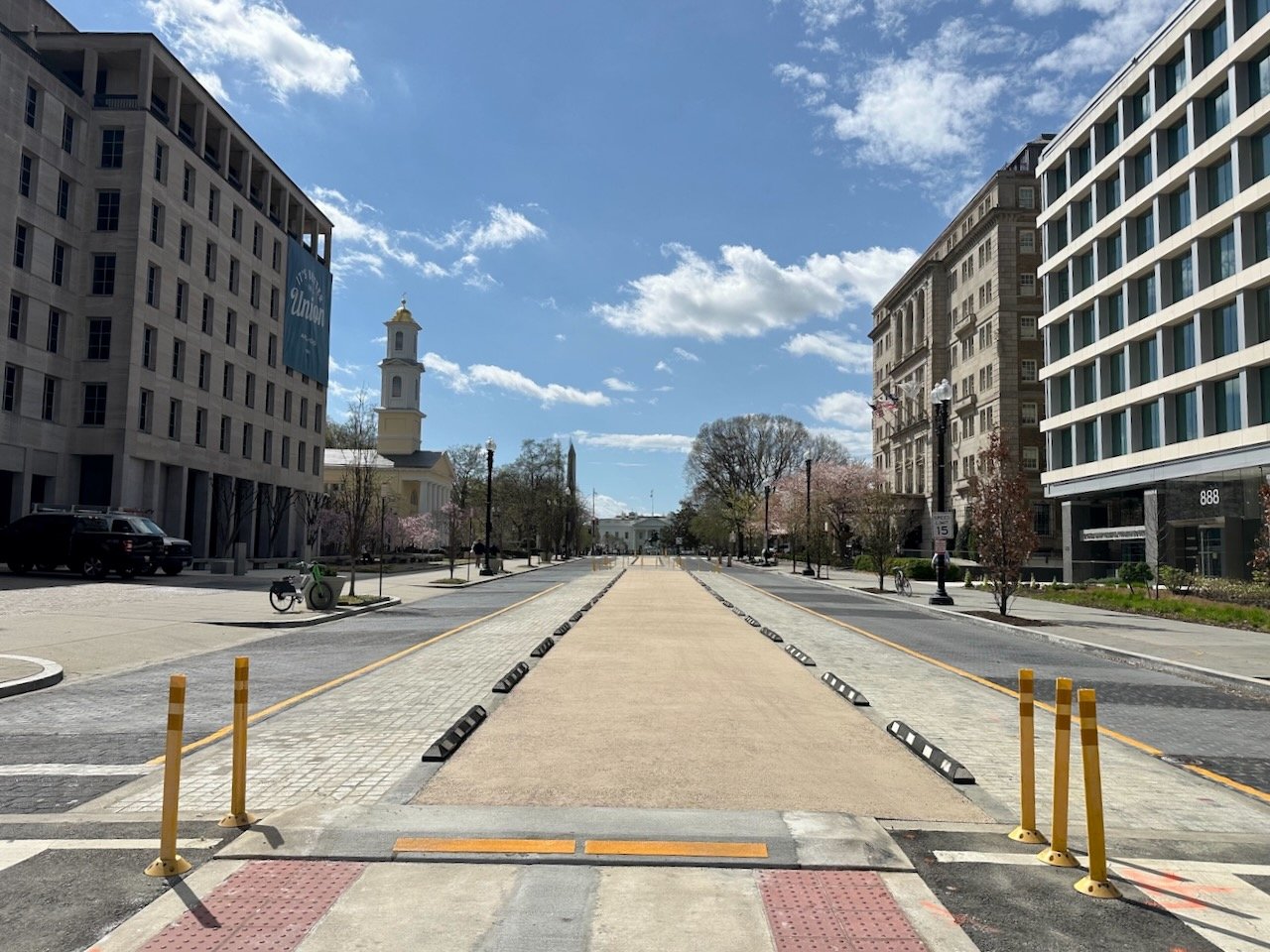About Coronavirus 2020
Washingtonian is keeping you up to date on the coronavirus around DC.
DC residents are now required to wear a mask whenever they’re outside their house, DC Mayor Muriel Bowser announced today. Exceptions include eating and drinking, vigorously exercising away from people, and working alone in an enclosed office. Children under three are exempt.
Previously, individuals could go maskless outdoors if they felt they could stay six feet away from others. However, it seems leaving that discretion to residents has proved ineffective. Today, 102 new Covid cases were reported in the District, likely a result of last week’s increase in transmission rate. The transmission rate – which measures the size of the epidemic – has since fallen back below the target threshold of 1, but at .97 is almost twice as high as it was in early June.
In today’s press conference, DC Department of Health Director LaQuandra Nesbitt said individuals under 40 account for 66 percent of the Covid cases in DC reported between July 1 and 20. Before July 1, people under 40 accounted for 41 percent of the cases. Individuals under 40 are also accounting for a larger percentage of hospitalizations – compared to before July 1, the number has almost doubled to 29 percent.
Officials have been unable to peg any one activity as the culprit for the increase in cases. Only three percent of cases in the District can be traced to a positive contact, indicating the virus is still widespread across the city. If officials can target any one activity as a superspreader, Dr. Nesbitt said they will take appropriate action to roll that activity back.
Until then, both Mayor Bowser and Dr. Nesbitt pleaded with residents to take the virus seriously and only engage in essential activities. Dr. Nesbitt said a “common theme” her contact tracers heard from positive cases was that individuals had engaged in non-essential travel, especially to hot spots like Texas, Florida, and the Carolinas.



















